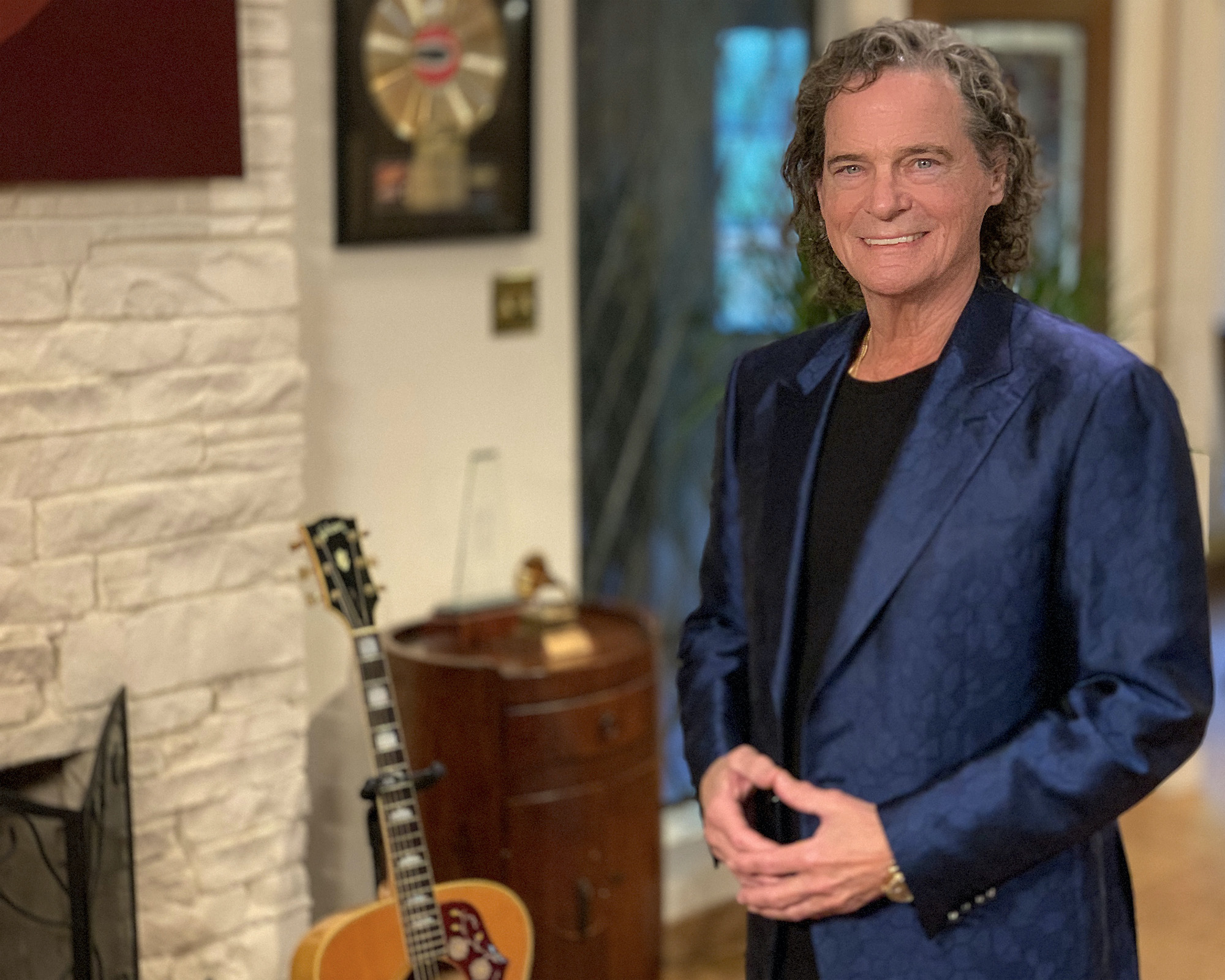
The Universal Comfort of Shared Sorrow: When a Song Becomes a Companion in Heartbreak
There are certain melodies, certain voices, that don’t just echo in our ears; they resonate deep within our souls, unlocking forgotten chambers of emotion and memory. For many of us, particularly those who remember the golden age of radio and the profound connection forged between artist and listener, the year 1975 delivered one such timeless anthem. It was then that the inimitable B.J. Thomas, a voice as smooth as aged bourbon and as comforting as a familiar embrace, graced the airwaves with a song whose very title seemed to encapsulate the human condition: “(Hey Won’t You Play) Another Somebody Done Somebody Wrong Song.”
This wasn’t just another hit; it was a phenomenon, a testament to the power of raw, relatable emotion expressed through a masterful blend of country, pop, and easy listening. Released on the album Reunion, this poignant ballad soared with an almost unprecedented multi-genre success. It wasn’t content to merely top one chart; it conquered three. In May of 1975, it ascended to the coveted #1 spot on the Billboard Hot 100, marking B.J. Thomas‘s second career chart-topper after his iconic “Raindrops Keep Fallin’ on My Head.” Simultaneously, it claimed the peak positions on both the Billboard Hot Country Singles and the Billboard Easy Listening (Adult Contemporary) charts. This remarkable hat-trick underscored the song’s universal appeal, transcending genre boundaries to speak directly to the hearts of millions, regardless of their musical preferences.
The genesis of such a resonant piece often carries its own compelling narrative, and this song is no exception. Penned by the brilliant songwriting duo of Chips Moman and Larry Butler, the track initially faced an unexpected hurdle: B.J. Thomas himself. Legend has it that Thomas was hesitant, finding the lengthy title a bit cumbersome and perhaps feeling it leaned too heavily into the country realm for his crossover sensibilities. Yet, Moman, ever the astute producer, recognized the inherent genius in the lyrics and the melody. He understood the profound truth embedded in the song’s plea, and he gently but firmly persuaded Thomas to lay down his vocals. The recording took place at the legendary American Sound Studio in Memphis, a hallowed ground where countless classics were born, imbued with the very soul of American music. It was in this fertile creative environment that Thomas, with his characteristic warmth and vulnerability, breathed life into a song that would become a cornerstone of his legacy.
The meaning of “(Hey Won’t You Play) Another Somebody Done Somebody Wrong Song” is as straightforward as it is deeply profound. It speaks to that raw, aching moment of heartbreak, when the world seems to conspire against you, and loneliness settles in like a thick fog. The narrator, reeling from a fresh wound of betrayal or loss, isn’t seeking a happy tune or an escape from his pain. No, he’s actively seeking solace in shared sorrow. He’s asking the disc jockey, the musical shaman of the airwaves, to play a song that mirrors his exact agony – a song about someone who has been wronged, betrayed, or left behind. It’s a plea for validation, a desperate need to know that this crushing weight of emotion isn’t unique to him, that others have walked this desolate path before.
For those of us who came of age with AM radios humming softly in our bedrooms or car stereos providing the soundtrack to our first heartbreaks, this song was more than just background noise; it was a confidant. It understood. It articulated the inexpressible ache that only a broken heart can know. We’ve all been there, haven’t we? That moment when the world feels too bright, too cheerful, and all you crave is a melody that understands the shadows within. This song doesn’t offer false hope or saccharine platitudes; it offers empathy. It reminds us that music, in its purest form, is a communal balm, a shared language of the soul. It’s the comforting hand on your shoulder, the quiet nod of understanding from a stranger who knows precisely how you feel because they’ve heard it in the notes and the words. It evokes those late nights, perhaps a solitary tear tracing a path down a cheek, as the radio played on, providing the only true companionship. The sheer honesty of the title, almost a conversational request, makes it incredibly relatable. It’s not just a song; it’s the song you needed when your world felt like it was crumbling. And in that shared vulnerability, B.J. Thomas forged an unbreakable bond with generations of listeners, creating a timeless masterpiece that continues to resonate with its poignant truth.